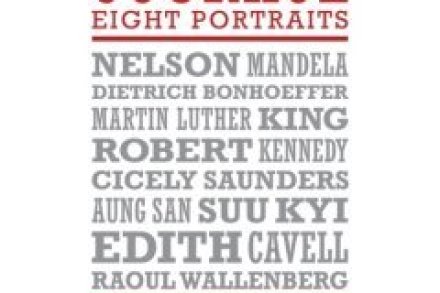Why Gordon will go soft
This review of Gordon Brown’s book on Courage from Blair’s pollster Philip Gould is absolutely fascinating. This is his take on Brown’s chapter on Bobby Kennedy’s career: “its fascination for Brown, is Kennedy’s metamorphosis from “hard” to “soft” courage in the course of his later life, moving from tough-guy enforcer to open, empowering and empathetic



